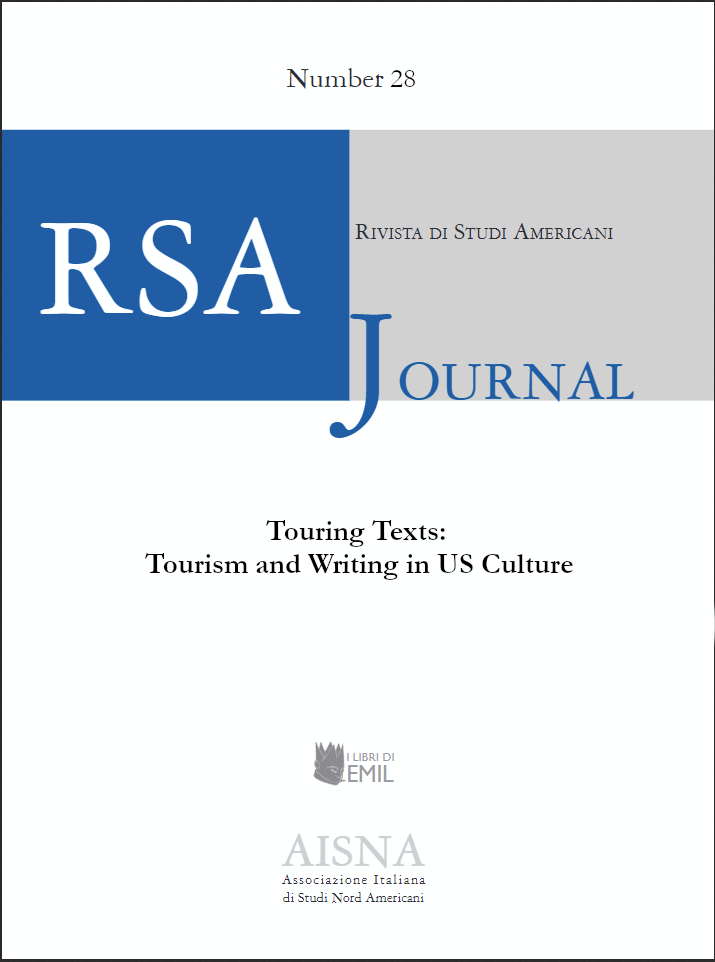All Is Fair in Play and War
A Ludic Reading of Conflictual Dynamics in Three Short Stories by Grace Paley
DOI:
https://doi.org/10.13135/1592-4467/8581Keywords:
ludic play, agonal play, conflictual dynamicsAbstract
This essay addresses the theme of play in Paley’s short stories by illustrating the concepts of “ludic” and “agonal” in play theory and by using them as a key to an understanding of three stories that foreground the element of play: “A Subject of Childhood,” “Ruthy and Edie,” and “Faith in a Tree.” Play is an important thematic element in Paley’s short fiction, especially given its cultural significance in motherhood and the central role the maternal experience has in Paley’s short stories. This essay explores the relationship between the drive towards play and the conflict generated by the inward and outward pressure to kill the creative impulse, in favor of a more conventional and normalized behavior. Johan Huizinga’s concepts of ludic and agonal play, Michel Foucault’s study of power dynamics and normalization, and Eric Berne’s view of dysfunctional social interactions provide a crucial theoretical context for the essay’s reading of the
confrontational dynamics occurring in the three stories. The final part of the essay focuses on Huizinga’s figure of the spoilsport as a possible creative solution to conflicts in a ludic sense, and argues that besides leading to unexpected outcomes in the texts, the spoilsport dynamics can extend outside of them in a direct appeal to the reader
Downloads
Published
Issue
Section
License
RSAJournal will apply a CC BY 4.0 license to all its contributions starting with issue 37 (2026). Previous issues are licensed under a CC BY-NC-ND licence.





